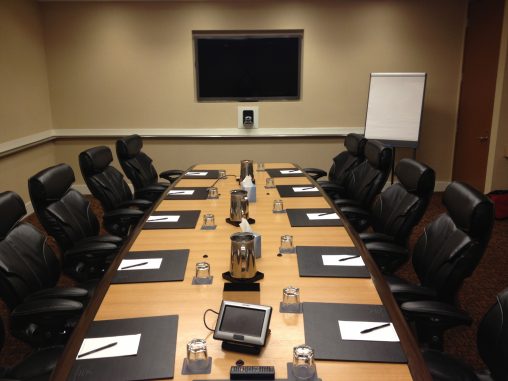I thoroughly enjoyed Peter Thiel's Zero to One: Notes on Startups, or How to Build the Future.
It's one of the few "business books" I've read recently that incorporates anything resembling a coherent global ethic into thinking about what it means to create and grow a business. Beyond that, he gets into some great reflections on human creativity, optimism and pessimism about the future, and investing.
I didn't always agree with Thiel's views or counsel, but I found his thinking to be clear and his insights helpful, especially on what it takes to build something that makes a substantial and/or lasting difference in the world. Read through the lens of my past experience creating a startup tech business and my current thinking about what I can do for the world in the future, there were some lovely and/or cringe-worthy "ah-ha" moments.
I highlighted many passages as I read, here are a few that stand out:








